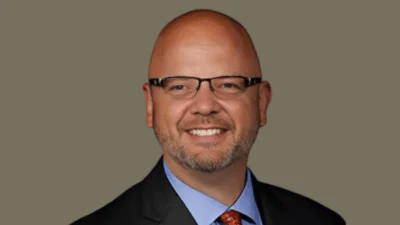Illinois has a history of underfunding pensions. | MorgueFile
Illinois has a history of underfunding pensions. | MorgueFile
Illinois must find its way out of financial "death spiral," but cutting pensions won't be it.
Unlike some other states, Illinois operates under a constitution that says you can't cut or lessen pensions and retirement benefits.
“Illinois is in a death spiral that’s not going to end well,” Chuck Reed, board member of the Retirement Security Initiative, told the Sangamon Sun. “There is a fundamental flaw in the Illinois system built on underfunding and over-promising."
According to the State Employee’s Retirement System of Illinois website, Illinois had 61,317 active members and 56,825 retirees at the end of fiscal year 2016. Pensions were underfunded by $126.5 billion as of June 30, 2016, according to a report by the Commission on Government Forecasting and Accountability.
The commission's report pointed to insufficient employer contributions as the main cause of underfunding. Such contributions totaled $44.7 billion between 1996 and 2016.
Reed said that although it will be nearly impossible to fix the shortfalls because of Illinois law, the state can at least start addressing the issue.
“The most viable solution is to deal with the concept of pensionable pay freezing,” Reed said.
In pensionable pay freezing, employees will be able collect the benefits they've earned up to the point of the freeze but would be prevented from earning any future benefits.
The other solution would be to pass a constitutional amendment allowing people to negotiate lower pensionable pay for contracts going forward, Reed said.
“Future benefits in future contracts for future work can be negotiated,” he said.
Unfortunately, Reed does not believe that either of those options is viable, politically. Political maneuvers to address the situation have been shut down before.
In 2013, Gov. Pat Quinn signed a law to cap pensionable earnings and push back the retirement age, but a Sangamon County Circuit Court ruled that the law was unconstitutional and the Illinois Supreme Court affirmed the decision.
“Its very hard to be optimistic about Illinois solving its problems,” Reed said.
Reed urges state employees and retirees to become involved in the conversation before the state runs out of money.





 Alerts Sign-up
Alerts Sign-up